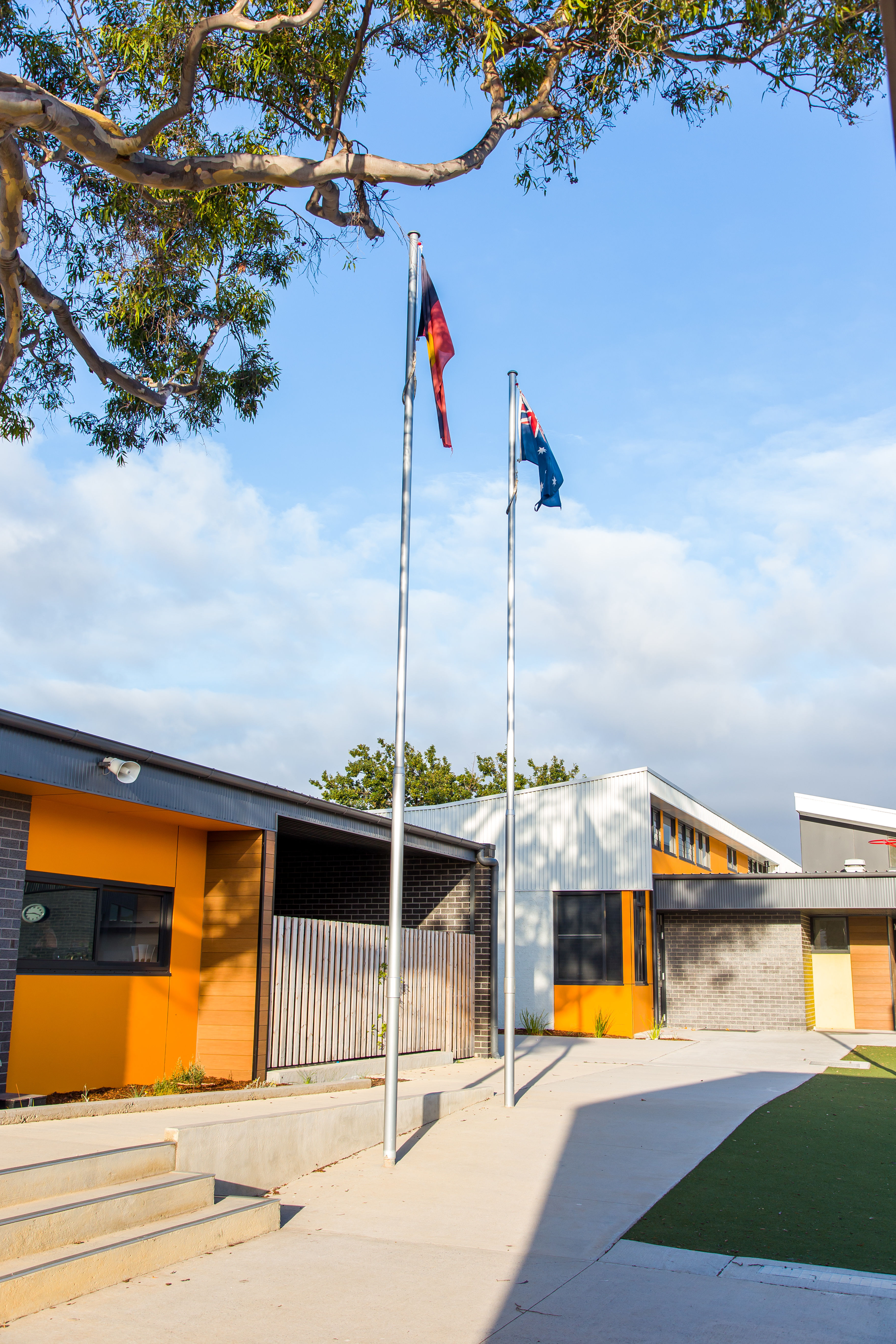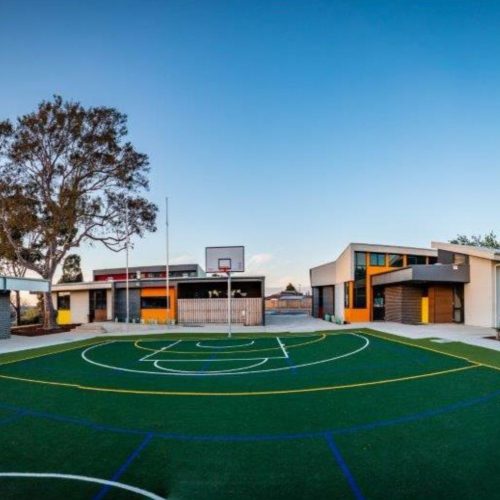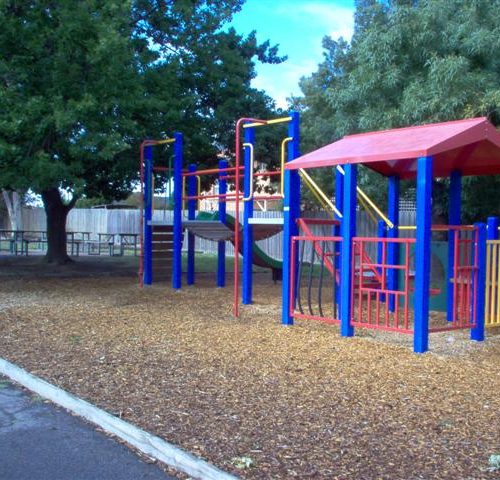IMPORTANT DATES!

PRINCIPAL’S MESSAGE

Welcome back to our weekly newsletter, it has been wonderful to see some beautiful weather this week with the lighter evenings providing lovely walking opportunities in my household. I have also been buoyed by the various fun activities I have seen in classrooms across the week. To maintain our positive and healthy workplace we have spent some time doing fun things like virtual scavenger hunts, baby photo competitions and art and film selfie impersonations. I have probably laughed more during this time than I have in a long time, and it has been great to see these transfer into the classrooms. I am constantly amazed by the resilience of the human spirit.
NAPLAN 2021
As you already know, last year we had our school review and developed a strategic plan to be completed in 2024. After days of data analysis, observation and discussion, we were able to develop goals that suited the needs of our students, families and staff whilst instilling our community vision and commitment to excellence and inclusivity in education. Our four year goals included improving student outcomes in Literacy and Numeracy and the National Assessment Program for Literacy and Numeracy (NAPLAN) is a great opportunity to discuss how we are travelling.
Whilst individual data can give you a snapshot of how your Child is performing on a particular day, these can be altered by the many variables surrounding each child. As a school we use cohort data to measure the effectiveness of our classroom practices because it is a far more reliable measure than individual data. One measure that all schools look at and use in strategic planning is benchmark growth. Benchmark growth is demonstrated by Year 5 students who sat the assessment in Year 3 and determines how much growth they have made over the 2 year period. These data sets give us an opportunity to be extremely reflective about our impact on growth between Year 3 and Year 5.
We had assumed that the significant interruption to regular schooling over the past two years would negatively impact this growth, but we were pleasantly surprised by the results. This is a time for celebration as we share our school results.
In Reading 85% of our Year 5 students met or exceeded the benchmark growth. 34% of students exceeded the benchmark growth compared to our similar schools where 27% of students had this achievement and the State average of 26%. In Numeracy, 89% of our Year 5 students met or exceeded the benchmark growth. With 27% exceeding benchmark growth from 2019 to 2021 compared to similar school averages of 24% and the State average of 23%. In Writing, 76% of our Year 5 students met or exceeded the benchmark growth. Once again, our students who have exceeded benchmark growth is better than State and similar school averages with 28% of our students performing in this category compared to 27% in similar schools and 23% at a State level.
Our students have once again demonstrated incredible persistence to overcome the adversity of the last two years and perform so well during this assessment. I also want to take a moment to reflect on the fabulous work that has been undertaken by our staff during this period. After our review we have already adopted some new practices and have really been working to improve student outcomes. This has been quite labour intensive, but our staff are excited to do what is the right work for our students. This year we have spent considerable time on the area of Numeracy and it is so pleasing to already see positive results reflecting the work that has been done.
Victoria Nature Festival

The upcoming Victoria Nature Festival will offer Victoria’s students the opportunity to tune into nature while learning from home.
The Victoria Nature Festival begins on Saturday 11 September and will run until Sunday 26 September, offering a great range of engaging digital resources and events for students of all ages.
The festival offers content such as videos, virtual excursions and webinars sourced from festival partners including Traditional Owners, Parks Victoria, Zoos Victoria, the Royal Botanic Gardens, the Phillip Island Nature Parks.
For more information, refer to the Victoria Nature Festival website to access the full list of resources and events available.
Take care,
End of Term 3
Just a quick reminder that next week is the last week of Term 3. On Friday 17th all learning and supervision will end at 2.30pm.
Kirrily Lamers
Principal
ASSISTANT PRINCIPALS’ REPORT
Supporting Your Child with Anxiety
In an article published by The Age – ‘Anxiety in school children: Australia we have a problem’, the Australian Primary Principals Association (APPA) surveyed a range of schools (700) across Australia about anxiety in primary age students. Students across these settings present with a wide range of behaviours such as; isolating, aggression, school refusal and distress.
Parents can play an enormous role in supporting children through times of anxiety and stress, however, many of us lack the knowledge of how to do this. Recently, we received a great opportunity for parents to enhance their understanding of how to better deal with these challenges. Please find below a flyer for this webinar.

WEBEX - Supporting Student Experiences
As we continue to work through this period of remote teaching and learning, it has become clear that we must also continue to learn and adjust our approaches. We have begun to explore new ideas to better engage our students, differentiate learning and ensure students have the opportunity to collaborate. One of the ways we are doing this is by providing ‘break-out rooms’ which are smaller groups within the teacher’s Webex meeting. This enables teachers to send students off to work together and have greater opportunities to share ideas. Teachers monitor these groups and have ensured that students know to come back to the main group if there is an issue.
We recognise and appreciate the amazing support our parents and carers have provided during remote learning and know that this could not be possible for many of our students without your attention. We also know that many parents are sitting by, helping our students to engage with the learning.
It is important to note that from time to time, disagreements take place. This is a great opportunity for our students to work through issues and conflicts. This builds resilience and an understanding that there are many views and opinions different to their own. Our teachers are there to offer support and students should know that they can report any incidents which make them feel uncomfortable to the teacher.
Should you be listening and helping your child during our learning experiences and hear something which concerns you, please email the classroom teacher running the session at the time. Our staff do an amazing job and will always follow up on concerns
Luke Franklin & Denisse Lobos
Assistant Principals
TEACHING AND LEARNING
Cognitive Neuroscience Tips for Optimising Learning from Home
I attended a PD last week by a Professor of Cognitive Neuroscientist (Macquarie University) – Dr. Mark Williams. The session focused on how to optimise student learning from home during lockdown.
One interesting strategy backed by research is the ‘Pomodoro Technique.’ The ‘Pomodoro Technique’ has been shown to;
- enhance attention span;
- train and extend concentration;
- provide mental stimulation and;
- lessen cognitive boredom.
The basic premise is that we learn best in short chunks of focused time, punctuated by regular breaks. For younger children, the learning ‘chunk’ should be 15 – 20 min followed by a five minute break. This can be extended to 25 minutes for older children and adults. This cycle can be repeated four times, then we should take a longer break of 15 – 20 minutes. The ‘Pomodoro Technique’ also recommends setting a timer for the learning ‘chunk’ as this helps the individual to be super focused as they can see how long they have to go before a break.
Other interesting (and sometimes strange) tips I learned about were:
- How you can boost mood by putting a pencil in your mouth between your teeth. This has been shown to activate the muscles in our mouths and release the hormone dopamine, improving our ability to retain things in our memory!
- The importance of handwriting – handwriting and drawing uses different motor skills to typing and activates different neurons in our brain. Numerous studies indicate that handwriting helps us to remember information more effectively than typing on a screen.
- Reading comprehension is better when it is from a physical book. When we read, we use anchors such as the position on page, chapters, colours, fonts, layout and images to remember key information. Retention is not as effective with text on a screen. Reading physical books has also been shown to reset our emotions and make us feel calmer.
- Finally, the session stressed the importance of quality sleep. Children need 9 – 10 hours of quality sleep per night for normal memory formulation. Adults need 8 hours of sleep and this all needs to be without the distraction of devices and notifications. We all need to get in the habit of not having devices in our bedrooms as we try and sleep so that our brains can fully replenish overnight!
Maths Olympiad
Due to the current lockdown, I have been advised that Maths Olympiad #5 WILL NOT count towards overall results this year for students in NSW, Victoria and the ACT.
Members of the RGLPS Maths Olympiad Team are invited to attempt Olympiad #5 next week as an ‘opt in’ task. There is no requirement for any student to submit answers, given that these results do not count towards final results. The Olympiad #5 question set will be assigned to the team via Seesaw from Monday 13th September.
I will announce the RGLPS students with top three overall results in the 2021 Maths Olympiad, when these are officially confirmed by APSMO. I expect this to be early in Term 4. Well done to all RGLPS students who participated in the Maths Olympiad challenge this year!
ICAS 2021
ICAS dates have been moved to the dates listed below. Hopefully, these tests can proceed as scheduled.
Last Friday, ICAS further extended the ICAS sitting window until late-November. If schools have not returned to onsite learning at the start of Term 4, we will be able to reschedule the tests again, if needed.

'Book Week Character Dress Up Assembly'
Provided we are back to learning onsite, the ‘Book Week Dress Up Assembly’ is scheduled for Thursday October 7th at 9am. COVID restrictions in place will determine whether we are able to host a parent audience at school for this event.
Children's Book Council of Australia Awards Winners 2021
The 2021 CBCA Award winners were recently announced as follows. RGLPS classes have explored many of these award winning texts during literacy sessions over the last few weeks.

I hope everyone has a good week and are enjoying the milder weather!
Kerron Worsdell
Learning Specialist
MATHS QUIZ
Maths Riddle:
Well done to everyone who solved last week’s puzzle. Thank you also to Jackson (3AM) and Lila (2MS) who managed to solve the problem and email it through in record time!
The answer to the Amazing Eights problem is…
You will write the 8 digit 20 times if you are recording all the numbers from 0-100.

See if you can solve this week’s riddle below. I’ll share the answer in the newsletter next week.
Colour Grid Challenge:
The grid below represents the value 1000.
What is the value of each colour on the grid?

HINT: Start by working out the value of an individual square, then calculate the total value of each colour.
Extra challenge: Create your own colour grid challenge where the squares are worth a different value.
If you’d like to share, please send your solutions and puzzles to sarah.mclellan@education.vic.gov.au
Sarah McLellan
Learning Specialist
CANTEEN
Message from Margaret and Peta

RGLPS Cooking Club
If you have cooked something amazing in lockdown we would love it if you would share it with our Golf Links families!!
Send your recipe and a phot if you have one to deborah.howard@education.vic.gov.au and we will feature your culinary prowess in the Newsletter.
Fun Food (Craft) Ideas
I was recently reminded about how much fun this can be!! But don’t eat this dough – too salty!

For edible dough creatures, and if you are not part of the recent sourdough craze, buy a packet of bread mix at the supermarket, follow the instructions and then get kneading!

Baked Salt Dough
Salt dough recipe tools & materials
|
|
How to make salt dough?
- Mix flour and salt in a bowl.
- Make a hole in the center and pour in boiled water little by little (use glove to protect your hands or spoon to mix the flour if the water is too hot).
- Mix the flour, salt and water, add water as necessary until it’s not crumbly.
- Knead the dough about 5 minutes until it’s smooth.
- Add the cooking oil to make the dough soft, pliable and smoother.
- Put some of the dough on the baking paper, use your rolling pin and use your cookie cutter to make various shapes for hanging decorations or napkin rings. You can also mold the dough to make figurines or sculptures.
- Turn on the oven to 325 degree Fahrenheit or about 160 degree Celsius, bake the object you made as above for about 1 hour (or less depends on the size & quantity) or until it’s hard.
- Wrap the rest of the dough with cling wrap and store in a fridge.
THEIRCARE – BEFORE & AFTER SCHOOL CARE

COMMUNITY NOTICES
Disclaimer: Rosanna Golf Links Primary School (RGLPS) does not endorse any product or service advertised in this newsletter. RGLPS takes no responsibility for the content of advertisements or the quality and reliability of products or services offered in the advertisements







